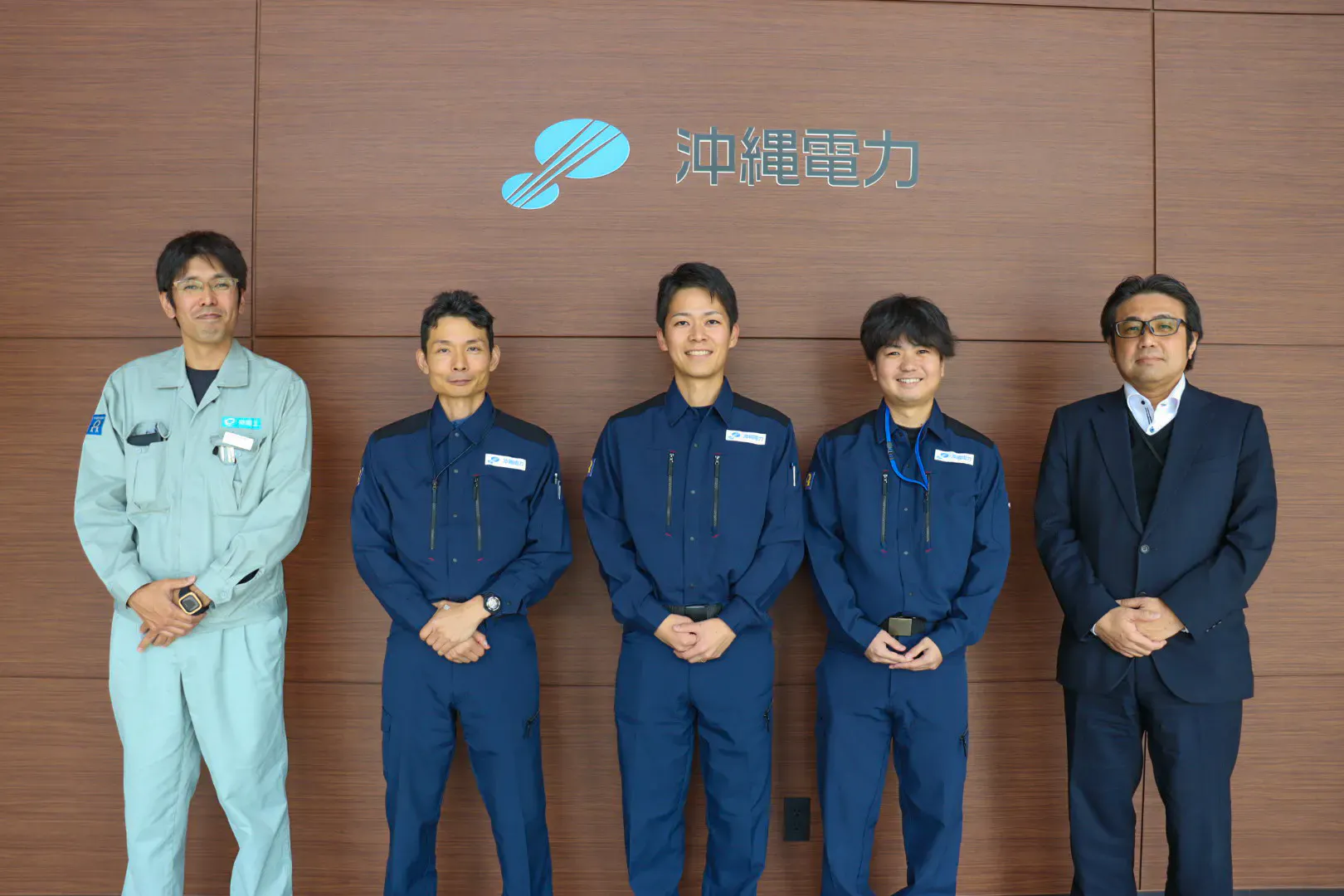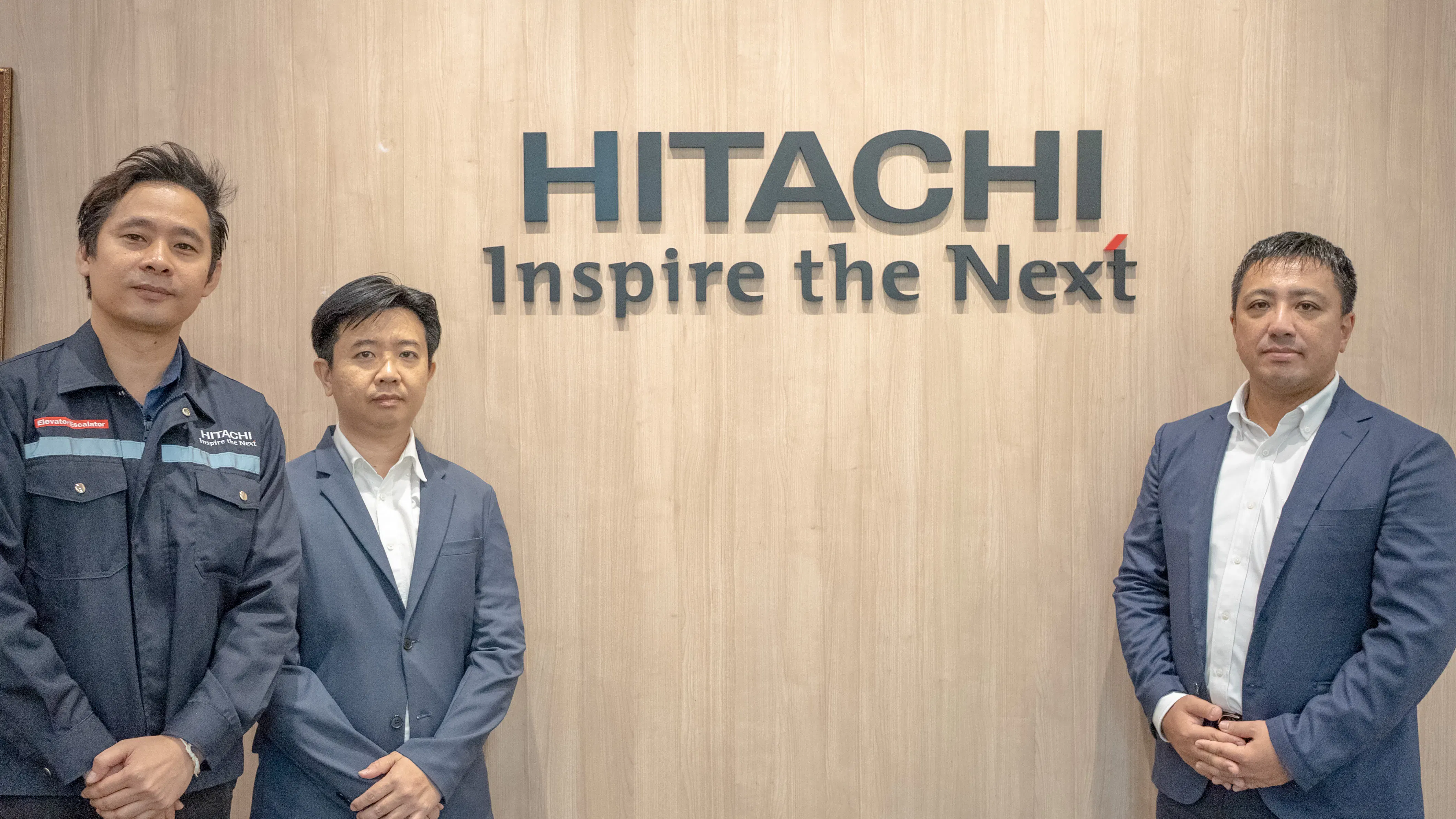CANDEAL TECT Corporation
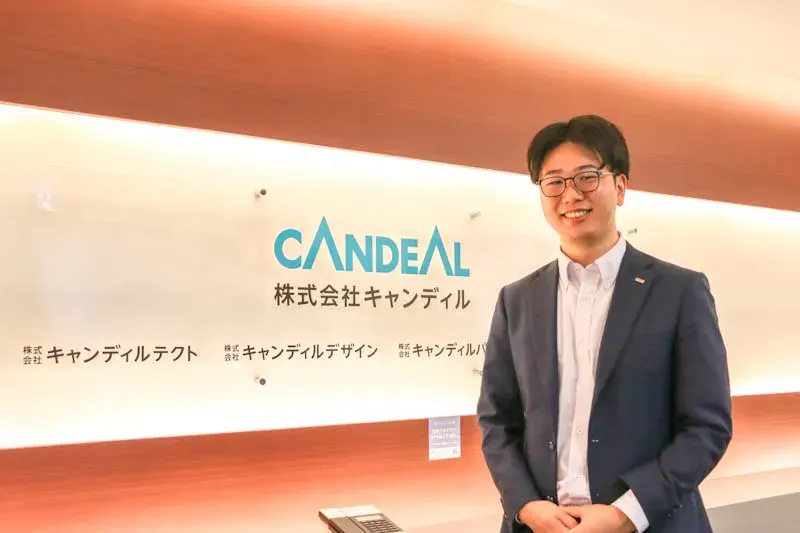

Company Name
CANDEAL TECT Corporation
Number of Employees
309
Business Activities
Interior design and construction, restoration work, delivery and installation
Utilization Services
Candeal tect Corporation provides construction services for commercial facilities, including well-known fashion buildings and department stores. Their wide range of business includes interior construction for stores, post-opening maintenance, and even furniture assembly services for a major Scandinavian furniture company.
KANNA Project and KANNA Report have been introduced in the department that handles interior maintenance, a critical aspect of store operations
Background and Effects of KANNA Implementation
Issue
1) The management tools being used were spread across multiple platforms, complicating information sharing.
2) Every time a document format needed to be changed, it had to be done through a vendor, resulting in additional costs and wait times.
Key Factors for Implementation
To unify the tools used for construction management and to streamline and improve the efficiency of information sharing.
Effects and Improvements
1) By integrating KANNA Project and KANNA Report, tasks that were previously managed separately—such as progress sharing, project management, document creation, and managing drawings and image files—have been unified.
2) With KANNA Report, which allows Excel formats to be transferred into the app, documents can now be customized flexibly in-house without having to wait for vendor support.
Person interviewed

Mr. Someya, Sales Manager of the Special Sales Promotion Department
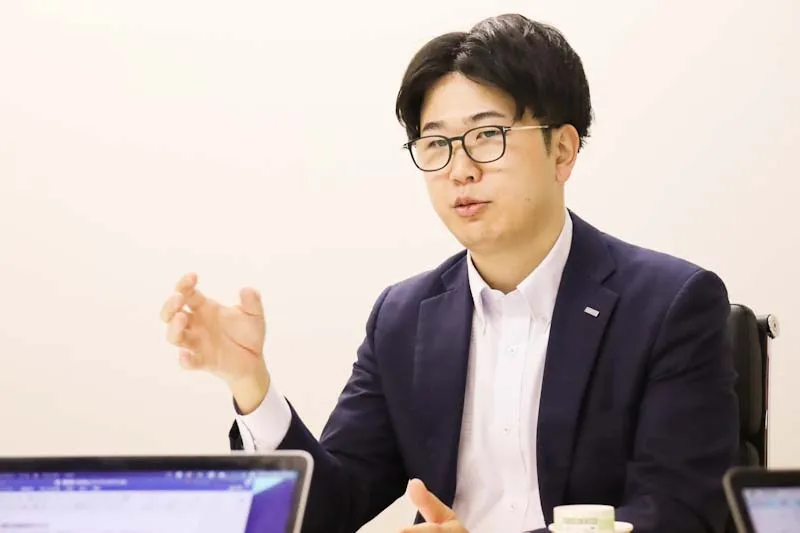
Unifying Tools to Streamline the Management of Numerous Projects Across the Country
— First, could you tell us about the business activities and operations of Candeal Tect Corporation?
Mr. Someya: Candeal Tect is a subsidiary of Candeal Corporation, which is listed on the Tokyo Stock Exchange Standard Market. We provide construction services for commercial facilities. Our main services include interior construction, restoration work, demolition work, and related maintenance tasks. Additionally, we handle the delivery and installation of office and hotel furniture, material lifting, and the dispatch of on-site managers. We are also involved in projects for well-known department stores, major domestic interior manufacturers, and international coffee shop chains.
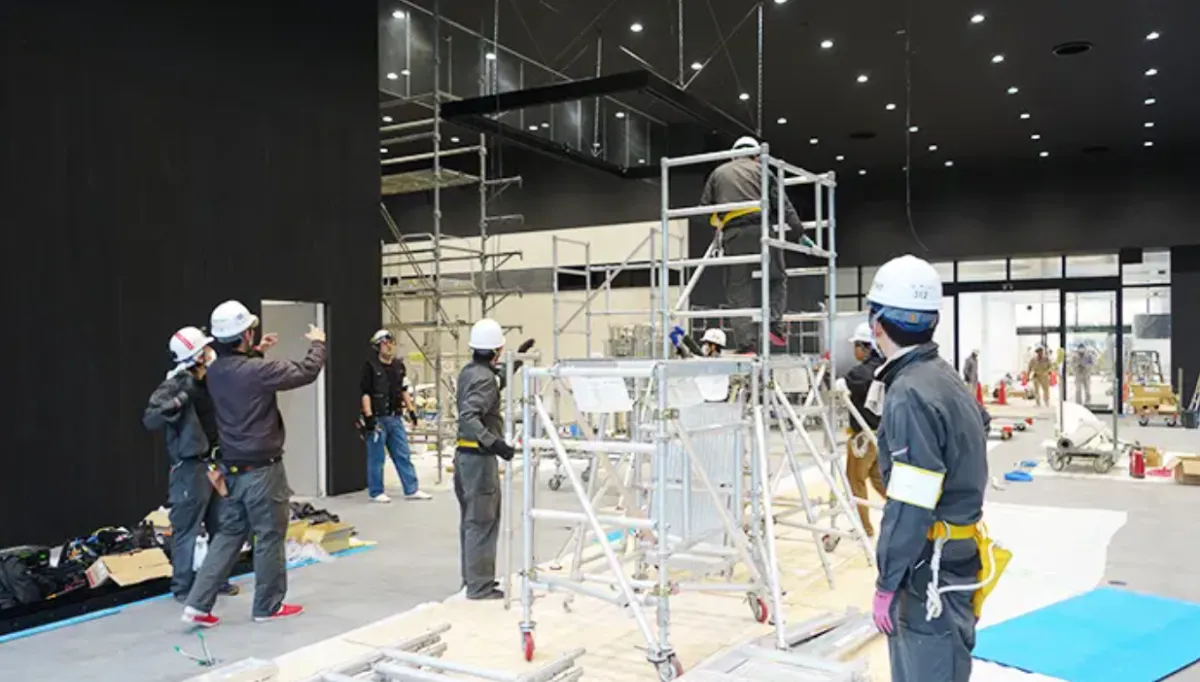
Another unique initiative we are involved in is a partnership with a major Scandinavian furniture company that operates on a nationwide scale. We offer a service where we visit customers' homes to assemble furniture. One of our strengths is the ability to provide nationwide services, centered around our eight business locations in major cities across Japan. This furniture assembly service is also available nationwide.
As I mentioned earlier, we are part of the Candeal Group, which engages in a wide range of construction-related businesses. Just as Candeal Tect specializes in providing construction services for commercial facilities, each group company has its own area of expertise, and the ability to collaborate and share these specialties is a major strength of our company.
— So, which of your business areas is using KANNA, and what challenges led to its implementation?
Mr. Someya: We have implemented KANNA in the Special Sales Promotion Section of the Business Promotion Department, which focuses on maintenance work after interior construction is completed. Even after the interior work is finished and the store opens for business, maintenance tasks such as replacing lighting and repairing plumbing are essential. Our company is responsible for handling the maintenance of the stores where we conducted the interior construction, and the large number of projects is a notable feature of this work.
Additionally, unlike new store construction, which typically has a set construction period, most maintenance work consists of small jobs that take less than a day. Since the work often begins after the store has closed and the customers and staff have left, it needs to be completed quickly, often during nighttime hours.
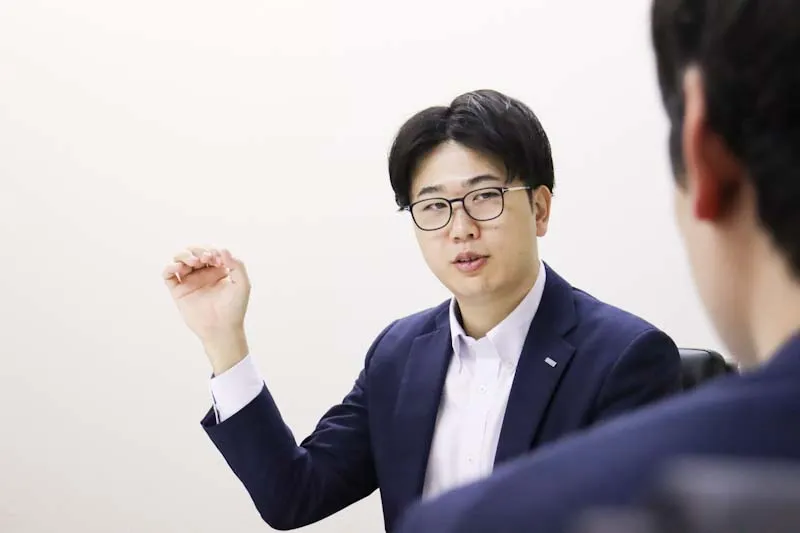
To streamline the communication methods for these tasks, we had previously introduced various DX (digital transformation) tools. However, using multiple tools ended up complicating information sharing related to the projects. Specifically, we used spreadsheets for sharing project progress, an app specialized in construction management for project management, and yet another app for tasks like report creation and managing photos and drawings, which couldn’t be handled by the other tools.
In particular, communication with partner companies was scattered. For example, Company A used email, while Company B preferred a social media chat app, so we had to adapt to each partner's preferred tool. This often resulted in one-on-one communication, making it hard for relevant parties to see the shared information. We realized that we needed to unify our tools to prevent information becoming siloed and to ensure that all stakeholders had visibility into the shared data.
Customization Without Vendor Support and Cost Savings
— You implemented KANNA to unify your management tools. What was the deciding factor?
Mr. Someya: It directly relates to our goal of unifying tools. Previously, we were using multiple tools to make up for missing features, but with KANNA, everything can be consolidated, and information sharing and communication can all be handled within the same platform. This is the biggest advantage. In particular, the fact that there is unlimited and free account access for our partner companies was a major incentive for adopting the system. Our company works with many partner companies across the country, and it’s crucial to share information with them. The ability to invite a large number of partner companies without budget concerns makes straight and seamless information sharing possible from upstream to downstream.
I was particularly drawn to the chat function. A chat group is automatically created for each project, allowing seamless communication with all relevant parties. The design resembles many familiar chat apps, making it easy for on-site workers to use without resistance. Additionally, the inclusion of a read receipt feature eliminates the need to follow up on whether the information has been received.
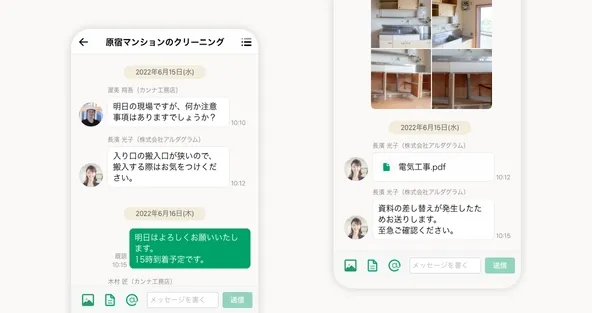
KANNA Chat Function (Image) as Seen on the Smartphone App
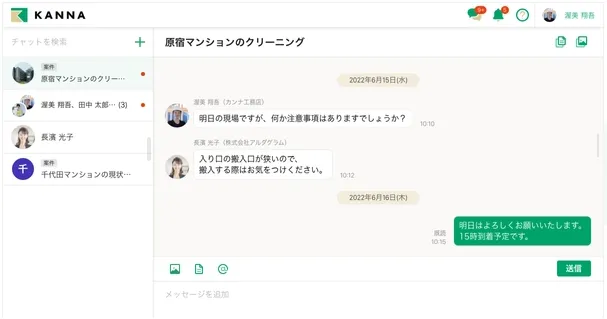
KANNA Chat Function (Image) as Seen on the PC Web Browser
Another deciding factor was the report creation app, KANNA Report. The previous tool we used also allowed for document creation, so having the ability to complete report creation within the app was essential when switching to a new tool. In addition to meeting this requirement, KANNA Report allows us to customize reports in-house without having to request changes from the vendor. Even if changes are needed in the format, we can transfer the Excel-based templates directly into the app, eliminating the need to request and wait for the vendor to implement changes, as well as avoiding any associated costs.
The waiting time for the vendor to complete these changes was often frustrating. Even when we wanted to make quick changes and apply them to the field immediately, it could take anywhere from half a day to several days. Now that we've switched to KANNA Report, we can make changes instantly ourselves, increasing flexibility and maintaining the necessary report creation functionality.
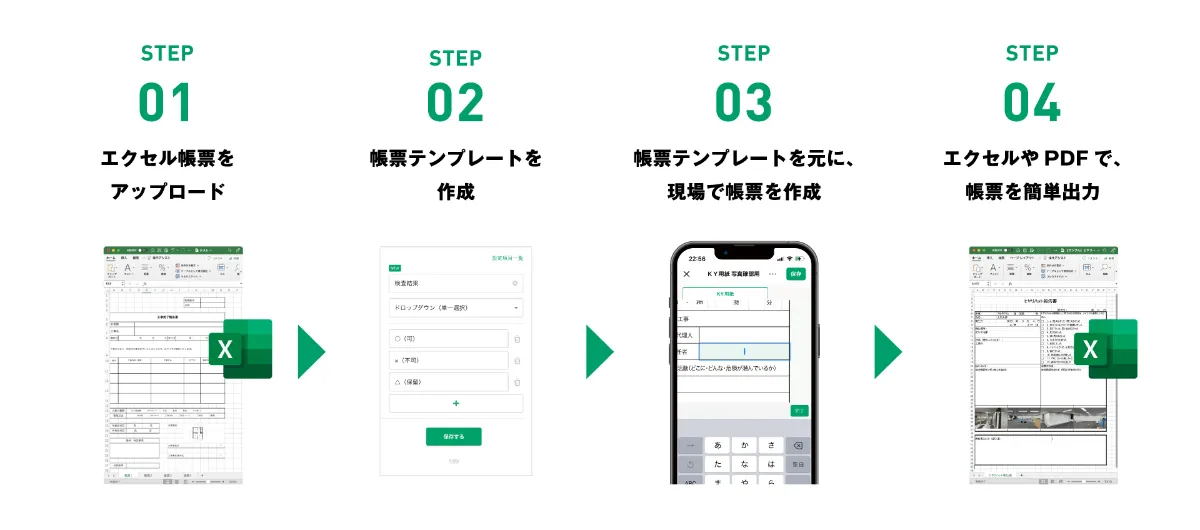
The KANNA Report feature allows you to create customized reports via Excel templates designed to be filled via mobile
Shorter Time for Information Sharing, Reducing Management’s Psychological Stress
— After KANNA’s implementation, what benefits have you experienced?
Mr. Someya: It has been about three months since we introduced KANNA, and by integrating the management tools into one platform—both for the primary contractors and our partner companies—information sharing has become significantly faster compared to before. We no longer need to go through the step of receiving information from the primary contractors and passing it on to the partner companies. As a result, we've received feedback from partner companies that "information is reaching us much faster now."
The same feedback has come from the primary contractors as well. Through the project boards and the messages and images posted on the individual project chats, they can understand the current status of the site without having to wait for us to report it. Since all relevant parties can view the same information posted in KANNA, communication errors and discrepancies have been reduced. Of course, there are instances where we need to limit information sharing based on the individual contractors, so we take great care in setting viewing permissions to ensure it's not fully open to everyone.
As I mentioned earlier, many of the sites we handle are commercial facilities or stores where work is done at night after they’ve closed, meaning that the management team and the on-site workers have different working hours. With previous communication methods, we had to be mindful of these differences, often wondering, "I sent an email, but have they seen it? It’s important, so maybe I should call just to confirm." These small concerns were always present.
These small concerns used to arise daily, but since the introduction of KANNA, all the information is consolidated in the app, and when we send a message through chat, we can immediately see "who has read it," even without a response. Thanks to this, we no longer have to worry, and I’m grateful that the psychological stress on the management side has been significantly reduced (laughs).
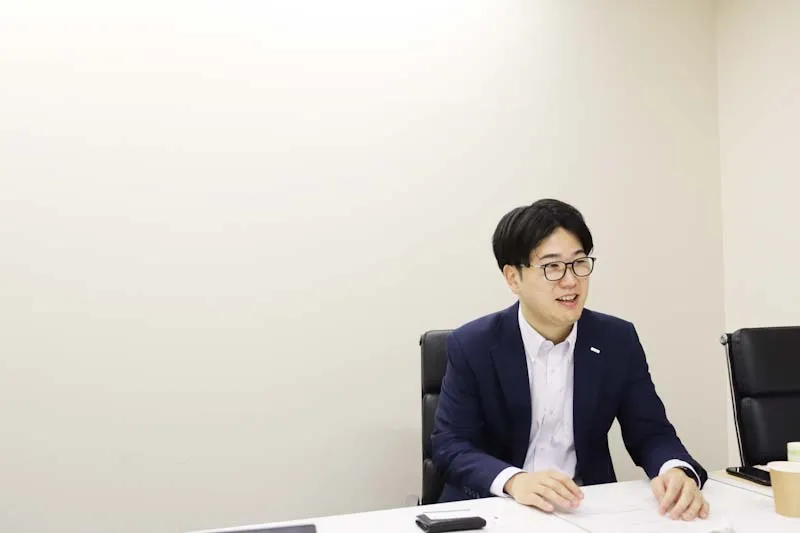
Another benefit of introducing KANNA is the reduced frequency of sending emails. For security reasons, attaching files to emails requires setting and entering a password. When checking emails on a smartphone outside the office, it’s often not possible to open these files.
While this might seem like a minor issue, it is undeniably inconvenient. With KANNA, which has been proven to have high security, all we need to do is upload the file. Even though it's a small difference, eliminating the need for passwords reduces stress, and files can be accessed from both PCs and smartphones.
Profits Generated from Efficient Information Sharing in Response to the "2024 Issue*"
— It seems like you've successfully improved work efficiency. Currently, the "2024 Construction Industry Issue*" is being widely discussed, and reducing time loss is becoming an urgent challenge.
Mr. Someya: That's right. To address the "2024 Construction Industry Issue*" (as of the March 2024 interview), we are promoting DX (digital transformation) from various angles. Besides implementing KANNA, for example, we use RPA (Robotic Process Automation) to automatically collect information from customer websites, register it in our core system, and send instruction emails to the sites. Our CEO, Mr. Abe, is particularly proactive in driving DX, believing that we must further improve operational efficiency.
In fact, it was Mr. Abe who first discovered KANNA. The introduction of KANNA is closely linked to the "2024 Issue*", with a particular focus on improving and streamlining communication. Construction work relies heavily on teamwork, and with labor hours being even more strictly regulated due to the "2024 Issue*", achieving the desired outcomes hinges on how efficiently people can connect and communicate effectively.
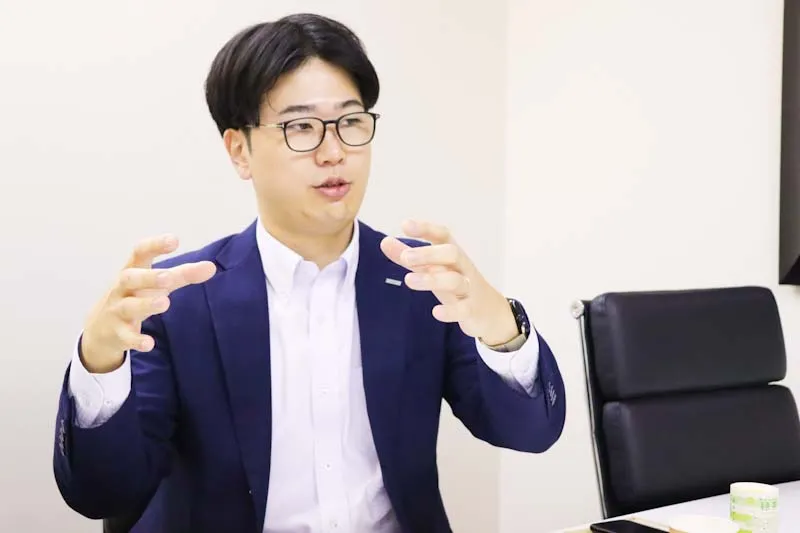
While leveraging digital tools to streamline communication between people, we may request further enhancements to KANNA in the future. The KANNA representatives are just as flexible as the service itself. Given the positive results we've seen since implementation, we look forward to even more improvements in its functionality.
New Partner Companies Are Informed Early On That "We Operate Using KANNA" to Encourage Adoption
— Thank you for sharing. Lastly, could you tell us about your future outlook?
Mr. Someya: As I’ve mentioned repeatedly, we have been promoting DX for some time, and now that we’ve implemented KANNA, we’re really feeling the benefits of streamlined communication. That’s why, moving forward, when we start working with new partner companies, we inform them right from the beginning that "we operate using this app." By explaining KANNA at the outset, we encourage partner companies to use it from the start, increasing its adoption.
Even with the labor hour restrictions imposed by the "2024 Construction Industry Issue*", we will continue to grow our revenue. To achieve this, we will leverage not only our strong on-site technical expertise and nationwide network, but also the advanced DX support we’ve implemented. We aim to expand our market share by providing tailored services to companies across the country.
*2024 Construction Industry Issue
In Japan, the construction industry has been facing a labor shortage. As a result, the long overtime work became a common trait of the industry. To tackle this and secure a better working environment for laborers in the industry, the Japanese government decided to set a regulation that limits overtime working hours for the construction industry, which is set to be in effect in April 2024. A violation of this regulation can result in a punishment. Hence, improving efficiency and reducing the working hours are the urgent matters that the construction companies have to resolve.
Company Name: Candeal Tect Corporation
Business Activities: Interior design and construction, restoration work, delivery and installation
Established: July 2008
Number of Employees: 309 employees (as of October 2022), 475 active workers (as of October 2022)
Website: https://candeal-tect.co.jp/index.html
Article published on: August 21, 2025


